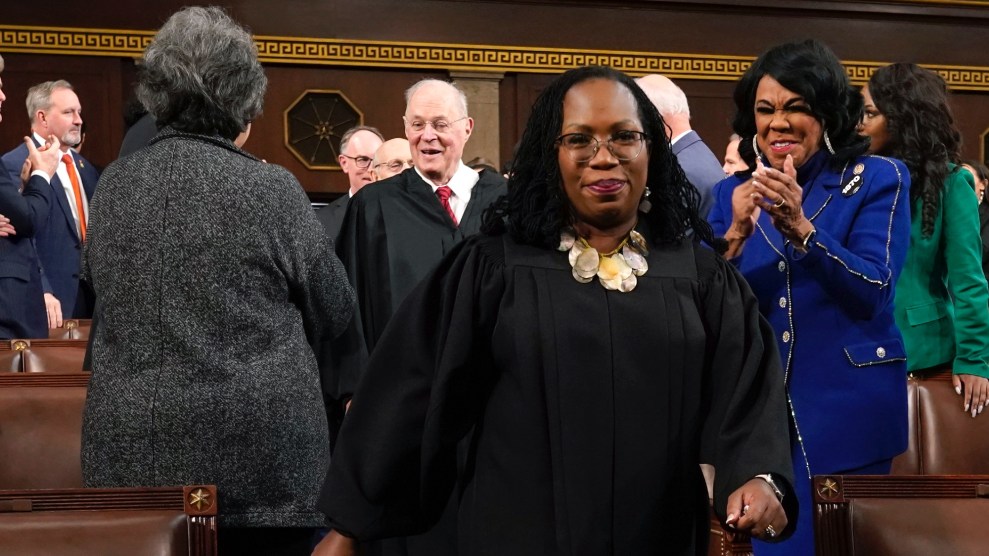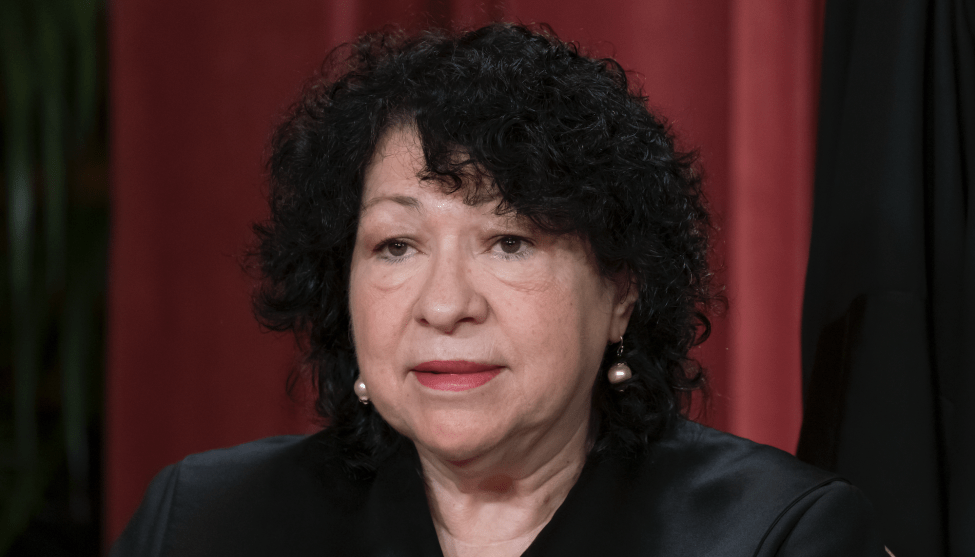
J. Scott Applewhite/AP
On Thursday morning, the decades-long conservative crusade to upend affirmative action proved successful. In a 6-3 decision, the Supreme Court ruled against the use of race-conscious admissions, finding such programs at the University of North Carolina and Harvard University to be in violation of 14th Amendment’s equal protection clause.
In the majority opinion, Chief Justice Roberts railed against UNC and Harvard for conducting programs that “unavoidably employ race in a negative manner” and “involve racial stereotyping.” But he carved out a notable exception: military schools. In the case of military academies, Roberts seemed convinced by an amicus brief submitted by prominent military officials in August 2022 that viewed race-based admissions as furthering “compelling interests at our Nation’s military academies.” Roberts granted their request in a footnote, writing, “This opinion does not address the issue, in light of the potentially distinct interests that military academies may present.”
Associate Justice Ketanji Brown Jackson had some thoughts on this rationalization. Joined in a dissent by Justices Elena Kagan and Sonia Sotomayor, she writes:
The Court has come to rest on the bottom-line conclusion that racial diversity in higher education is only worth potentially preserving insofar as it might be needed to prepare Black Americans and other underrepresented minorities for success in the bunker, not the boardroom (a particularly awkward place to land, in light of the history the majority opts to ignore).
We have now entered an era in which race is only a legally permissible college admissions factor within the context of military recruitment. Black people can be considered Black when schools are preparing them for war—just not to study, say, chemistry.













